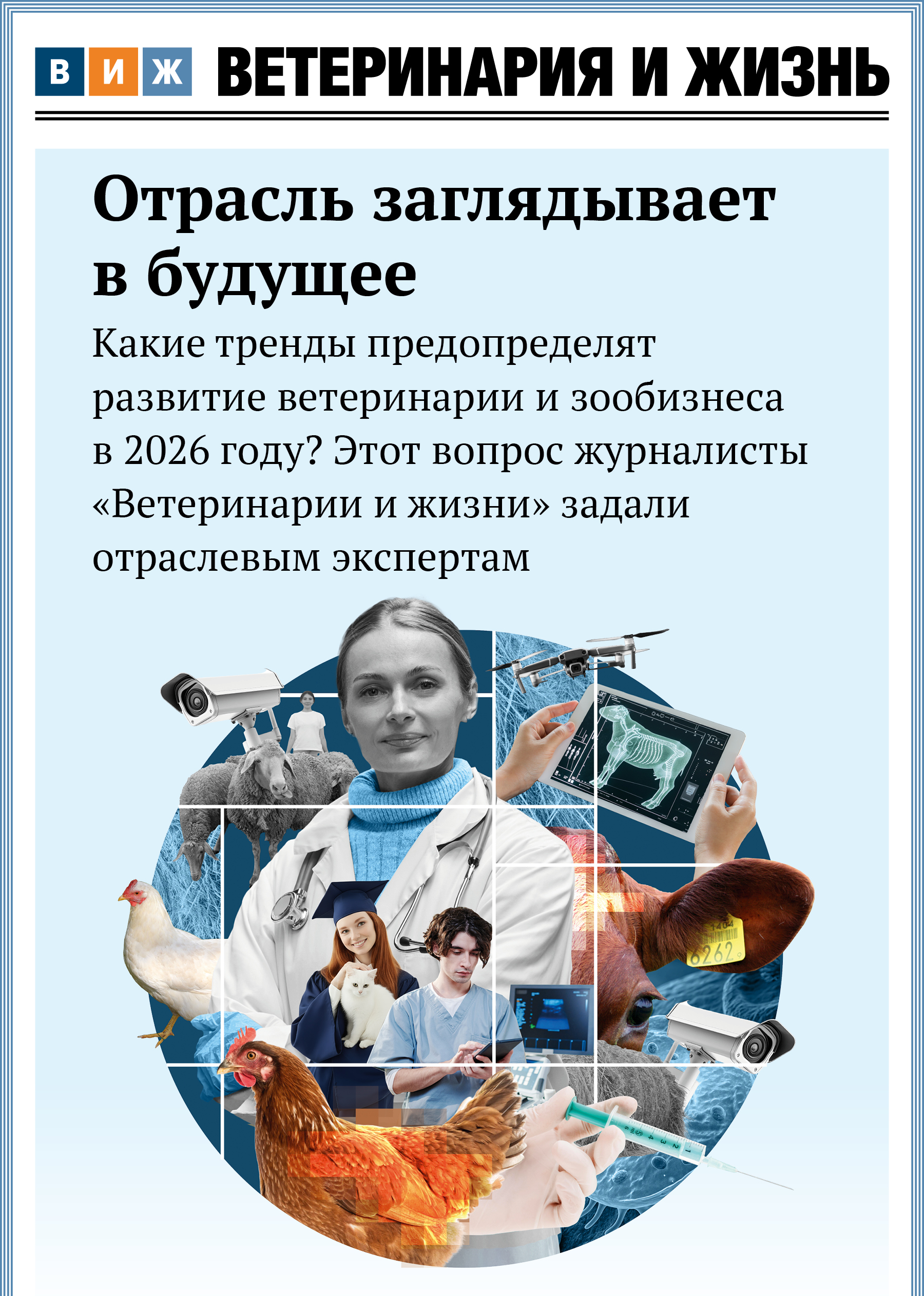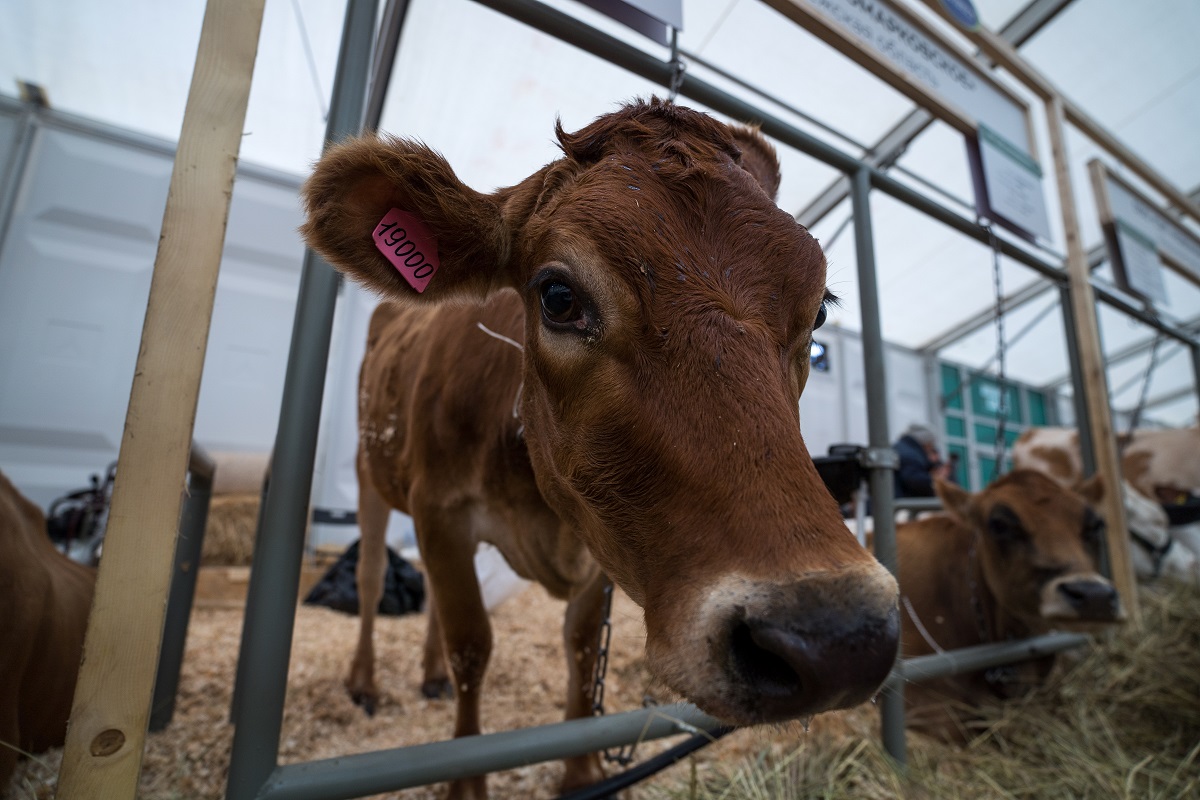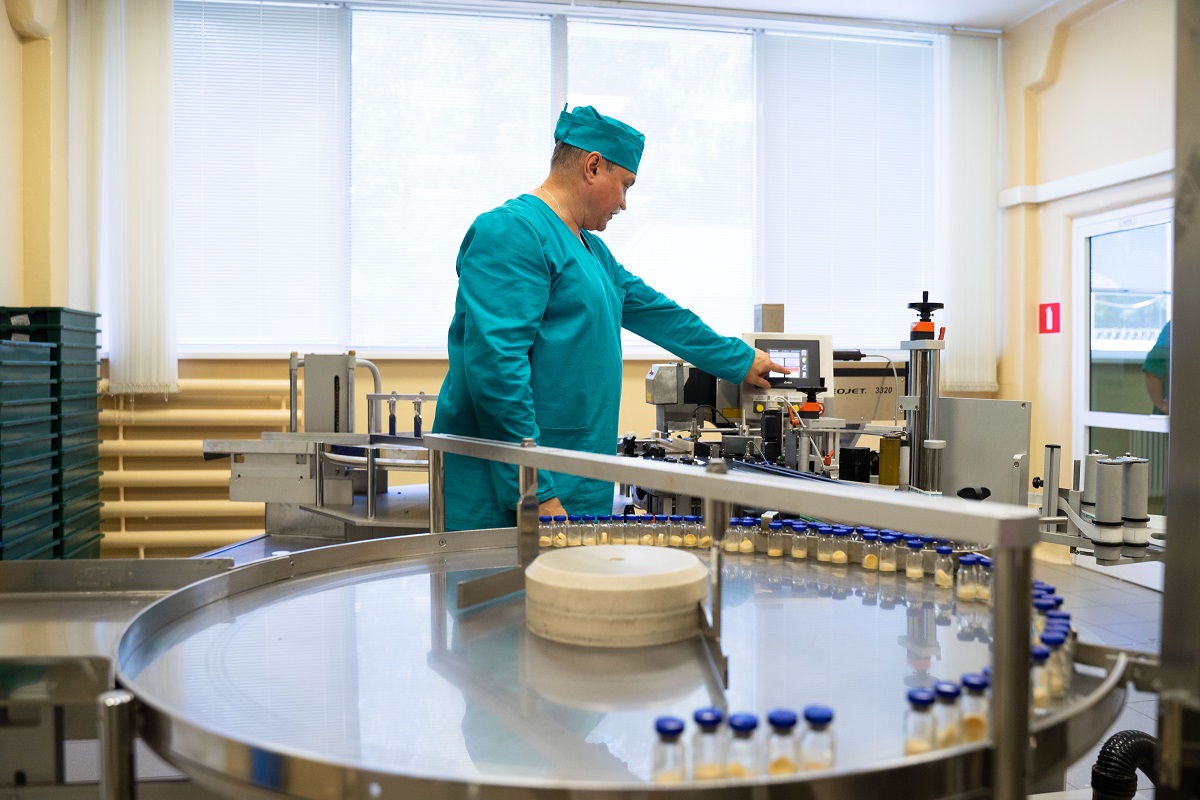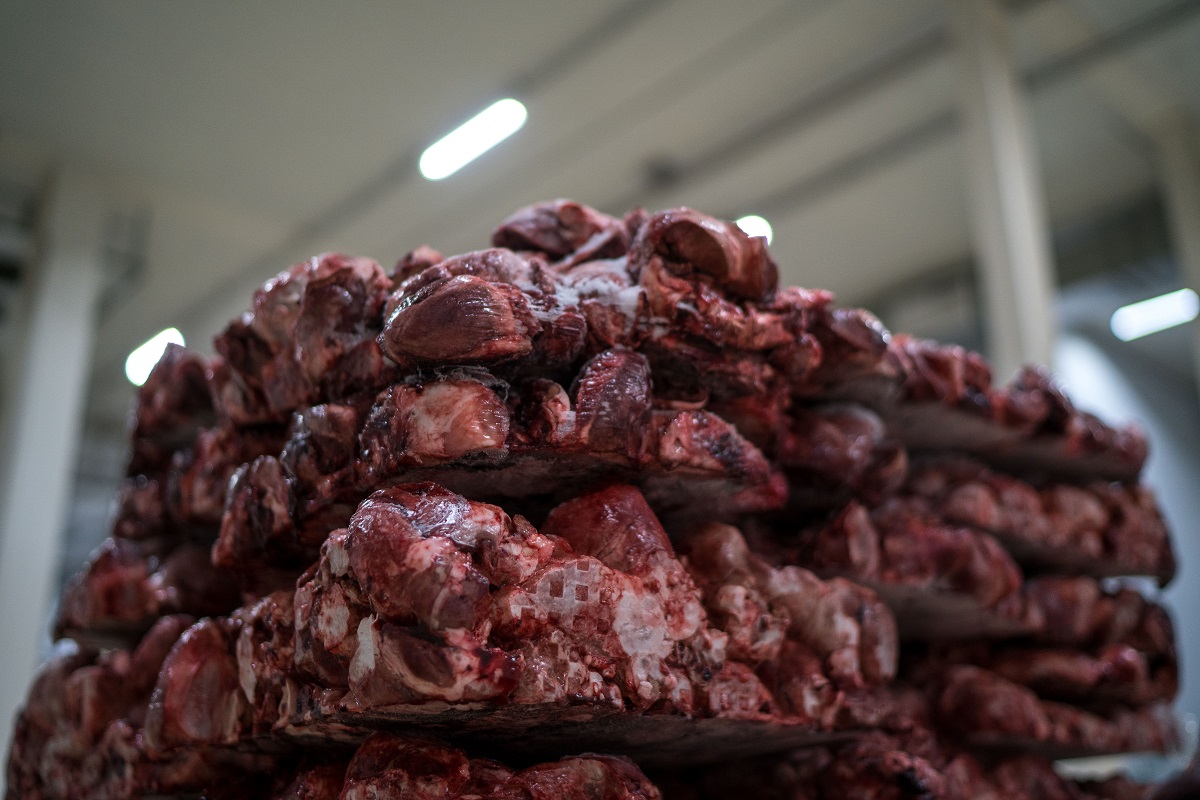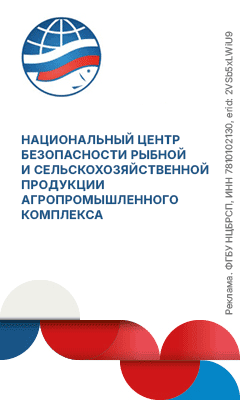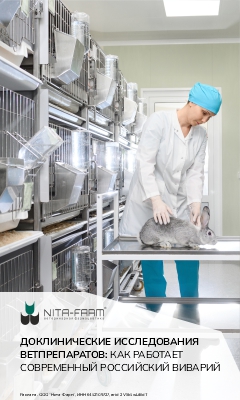Alterations are to be made to articles No. 205 and 281 of the Criminal Code of the Russian Federation (Articles “Terrorism” and “Sabotage”).
According to the Explanatory Note, the current version of the Criminal Code implies responsibility only for an encroachment on technological facilities and critical infrastructure. It doesn’t apply to components of the natural environment.
According to the authors of the amendments, under the given circumstances, the economic security of the country can be weakened significantly “through intentional removal of the labor force from economic activities, deliberate release of disease among livestock and plants, damaging food and raw materials”.
“Spread of pathogenic biological agents (pathogens) that can cause disease epidemic, epizootic and epiphytotic is considered as presumptive means of the abovementioned sabotage operations,” the explanatory note says.
Consequently, the intentional use of pathogenic biological agents can be considered a terrorist attack or sabotage. The maximum penalty for these crimes is life imprisonment.
“The criminalization of intentional release of dangerous diseases among livestock and plants is an important and long overdue measure. It ensures the food security of our country and it will definitely have influence on agricultural insurance practices,” said Korney Bizhdov, the President of the National Association of Agricultural Insurers (NAAI).


